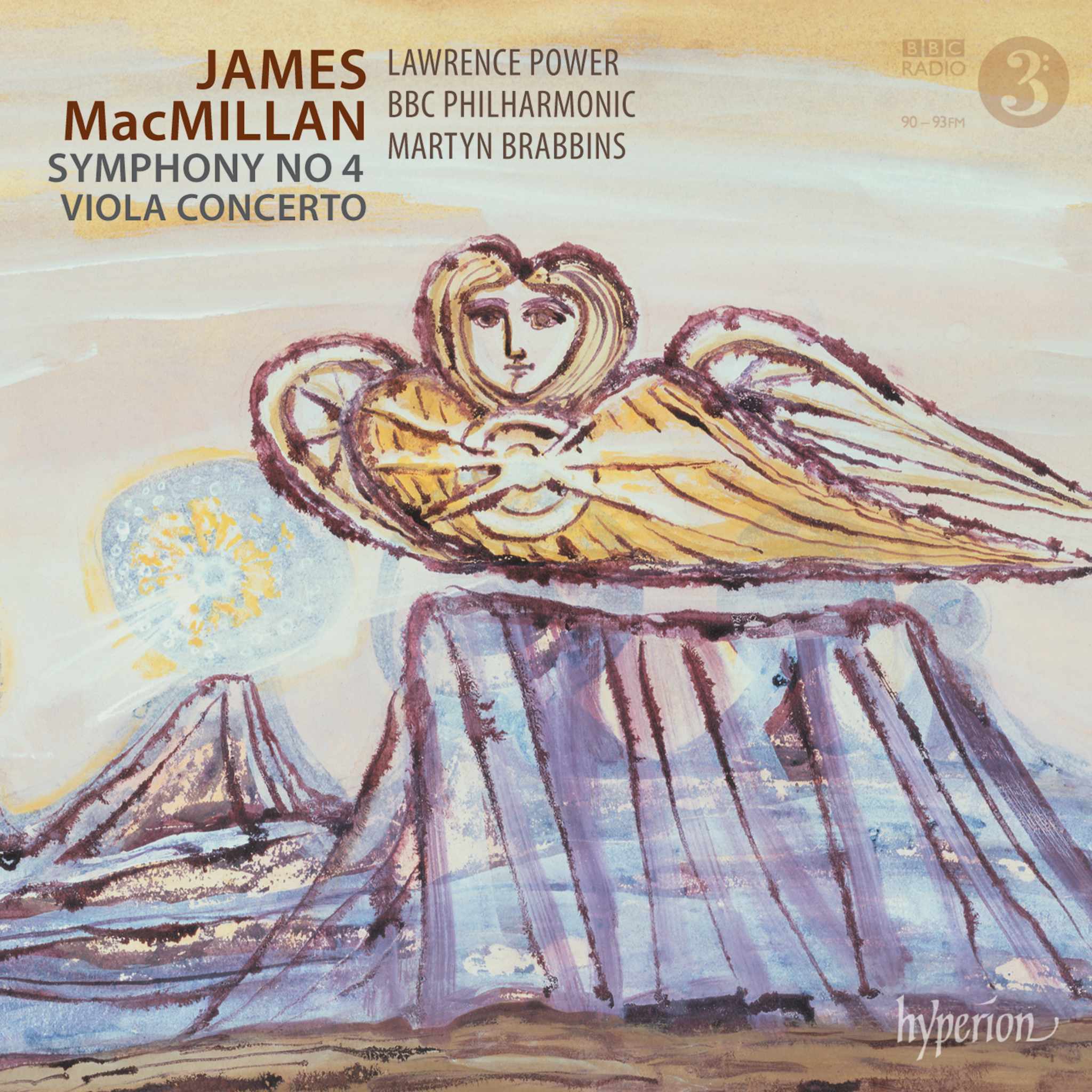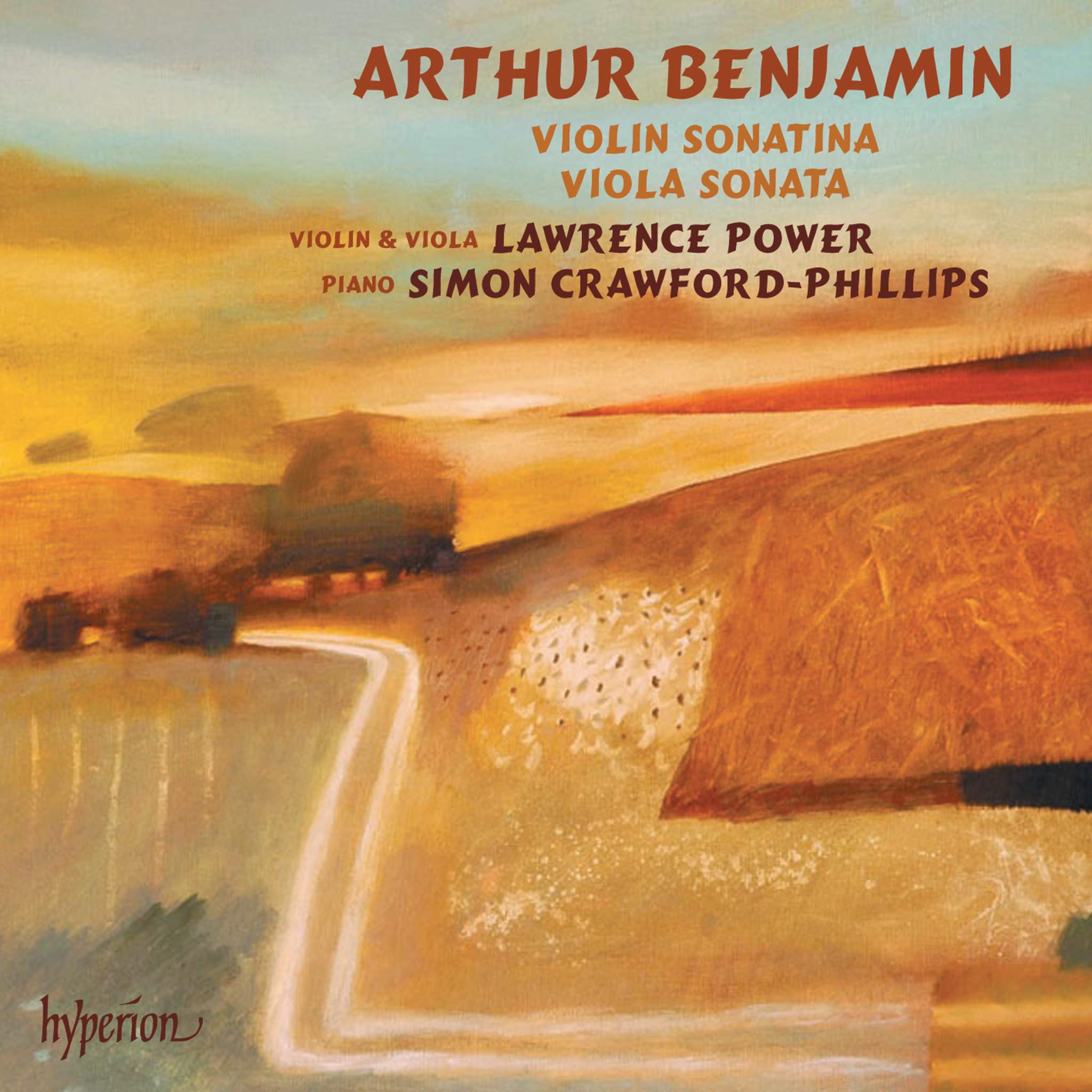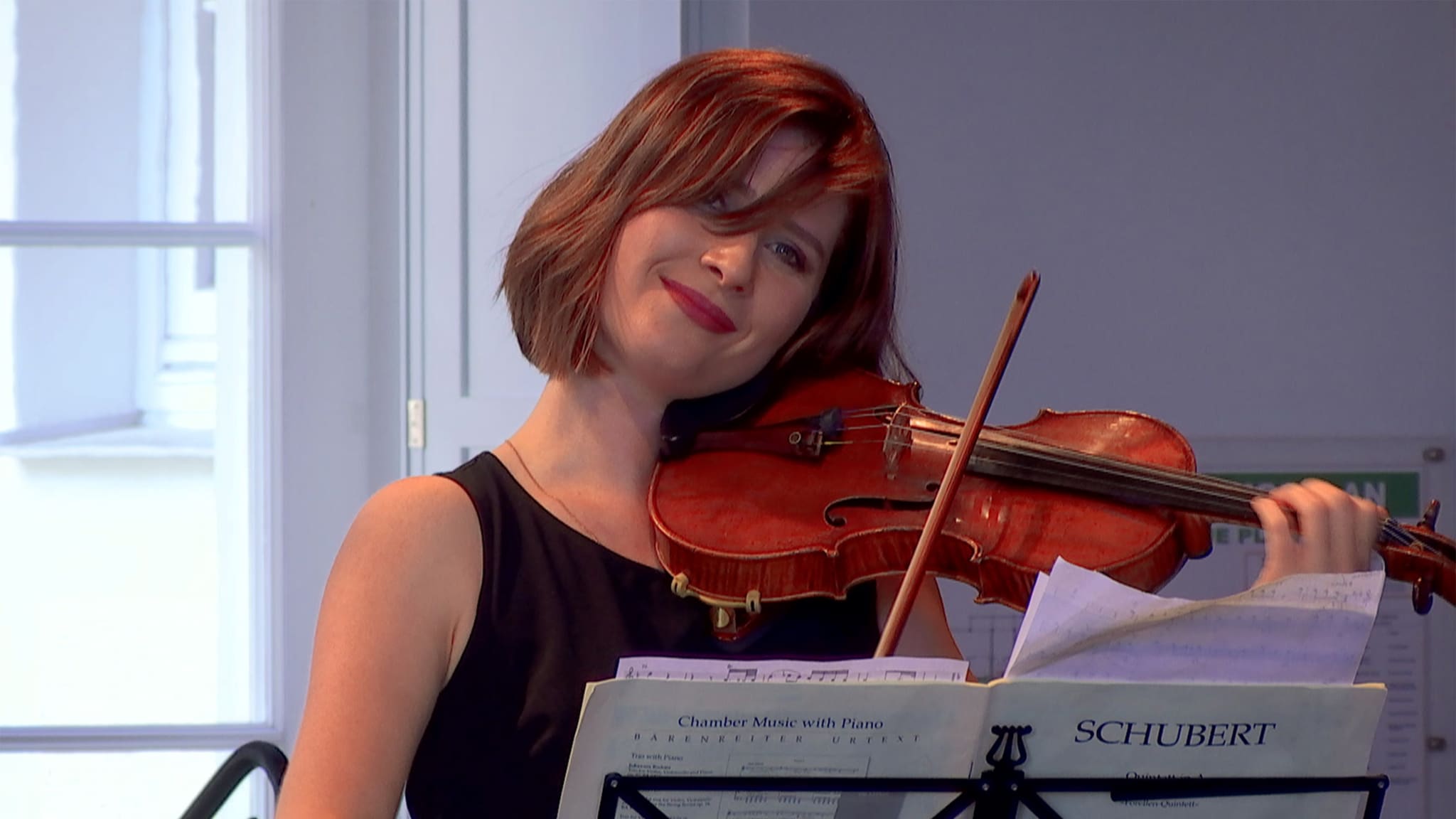Diese Aufnahme vereint sämtliche Werke, die für den herausragenden Bratschisten Lionel Tertis komponiert wurden. Tertis prägte zu Beginn des 20. Jahrhunderts die britische Bratschenszene maßgeblich, setzte neue Standards und entwarf sogar ein eigenes Bratschenmodell. Zunächst lehrte er als Dozent an der Royal Academy of Music in London und wurde später Professor; durch seine außergewöhnlichen Fähigkeiten beeindruckte er den jungen Dirigenten Henry Wood, der ihn schließlich als Stimmführer engagierte.
Durch das Wirken von Tertis wurde die Bratsche als eigenständiges Soloinstrument etabliert. Sein Einsatz für zeitgenössische Kompositionen inspirierte jüngere Komponisten wie Arnold Bax und Benjamin Dale. Das von John Blackwood McEwen eigens für Tertis geschriebene Solokonzert rückte die Bratsche als Soloinstrument in den Fokus. Gemeinsam setzten sich McEwen und Tertis für die Förderung neuer Musik ein, wodurch McEwens Bratschenkonzert als Gemeinschaftswerk der Royal Academy entstand.
McEwen, dessen Repertoire von Kammermusik bis zu großen Orchesterwerken wie der Solway Symphony reichte, wurde zunächst sehr geschätzt, geriet jedoch später in Vergessenheit. Sein Bratschenkonzert stellte die Viola eindrucksvoll ins Zentrum und gilt als bedeutende Komposition noch vor dem Aufkommen des Impressionismus.
Ralph Vaughan Williams, ein bedeutender Komponist Großbritanniens, erhielt eine umfassende musikalische Ausbildung und wurde erst später für Werke wie die Sea Symphony und die London Symphony anerkannt. Seine Kompositionen, die häufig von Dichtern wie Walt Whitman und John Bunyan inspiriert wurden, zeichnen sich durch ein humanistisches Weltbild aus und fanden erst in der jüngeren Vergangenheit volle Wertschätzung.
Flos Campi, ein innovatives Werk von Vaughan Williams, wurde von Lionel Tertis gemeinsam mit dem Queen’s Hall Orchestra uraufgeführt. Obwohl die Komposition auf biblischen Texten basiert, ist sie als Liebeslied und nicht als religiöses Werk zu verstehen. Zehn Jahre später entstand die Suite für Bratsche und kleines Orchester, die ebenfalls Tertis gewidmet war und sich durch raffinierte Orchestrierung und vielfältige Klangfarben auszeichnet.













